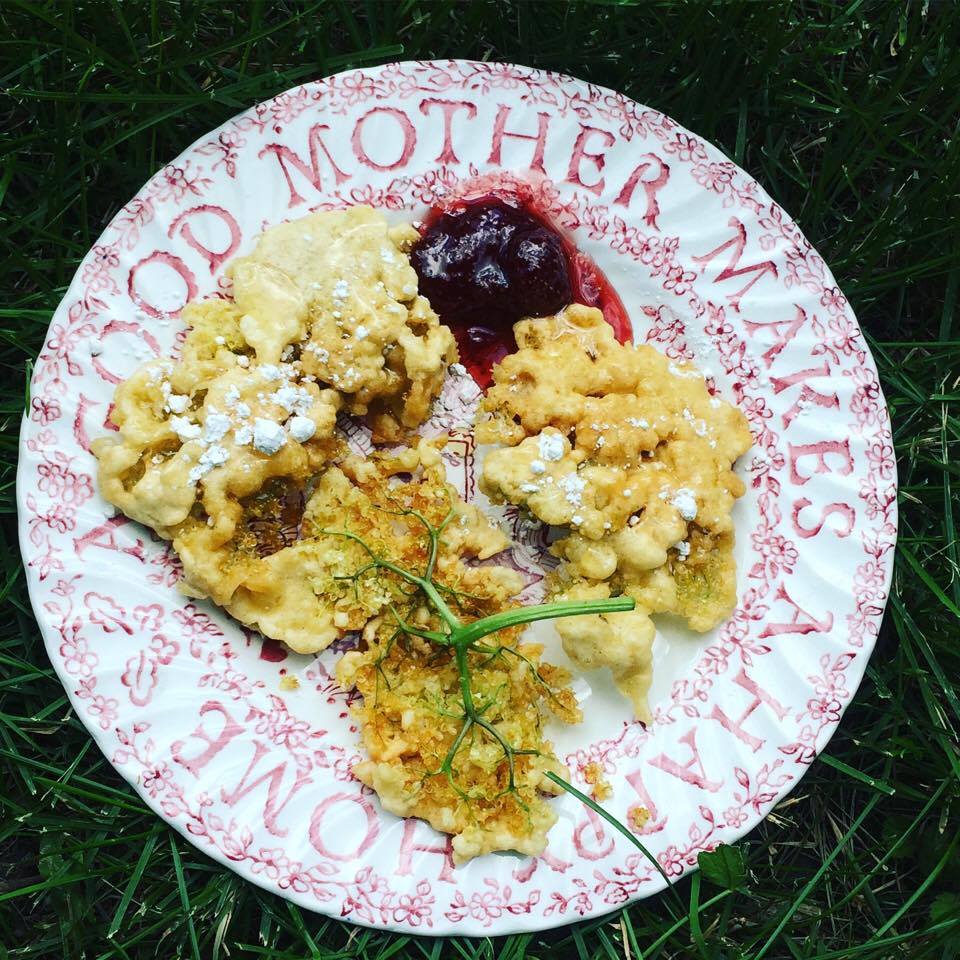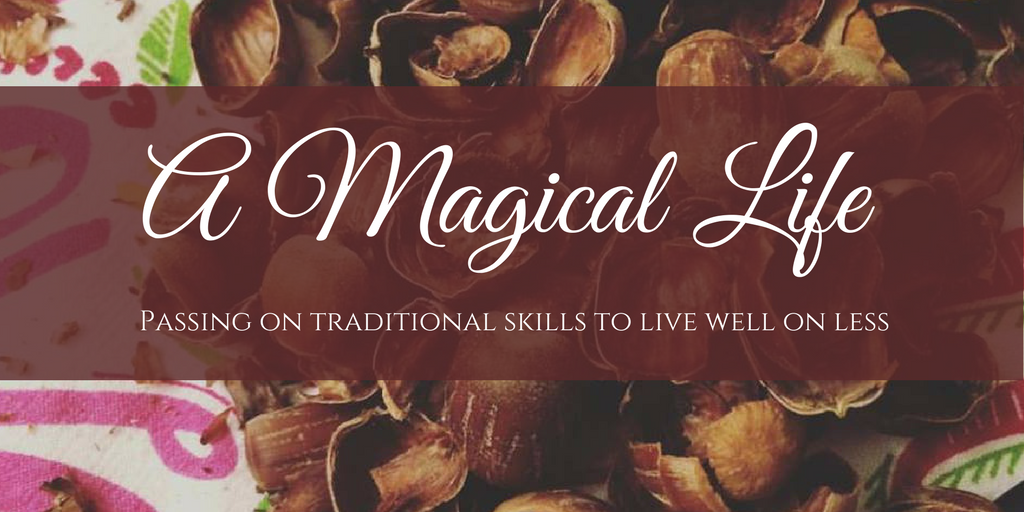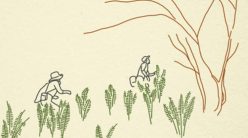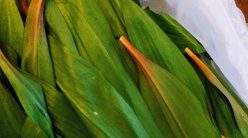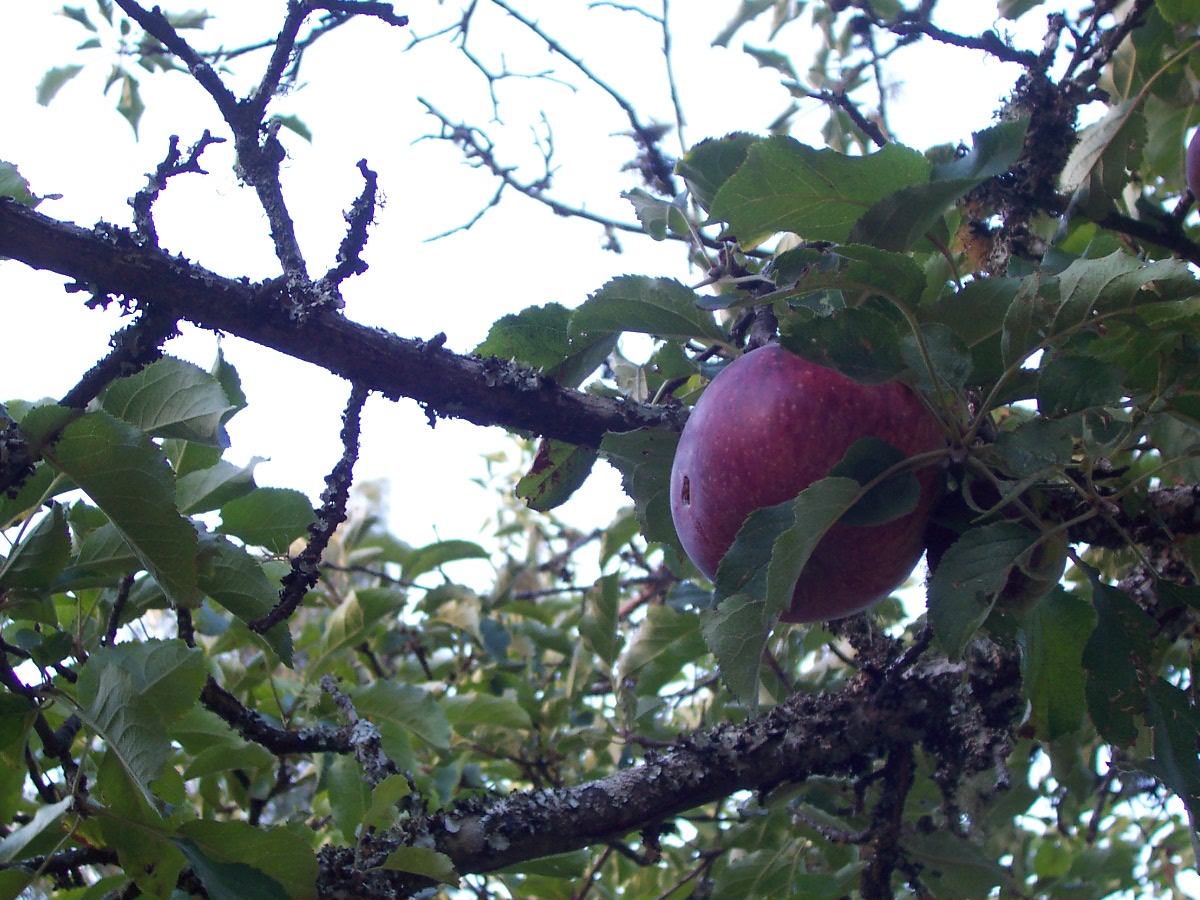
It can be nearly impossible to identify unknown apples, especially feral ones. There are a few ways to narrow it down, but Seed Savers Exchange orchard manager Dan Bussey is writing a book about 20,000 named apple varieties in the US, and there are probably many more out there that are lost to time. And yet, grocery stores only carry the same few varieties. Why is that?
MotherJones.com tackled that question in an article entitled “Why your supermarket sells only 5 kinds of apples” The main reason is the industrialization of farms.
In the past, everyone had their own apple trees. Since they don’t grow true from seed, the only way to ensure you had the same apple as someone else was to take a cutting (scionwood) from their tree and graft it onto yours. There were different varieties of apples that were best for baking, for cider, for mixing together, for everything. But when orchards stopped being personal, that all changed.
From MotherJones:
As farms industrialized, though, orchards got bigger and bigger. State agricultural extension services encouraged orchardists to focus on the handful of varieties that produced big crops of shiny red fruit that could withstand extensive shipping, often at the expense of flavor. Today, thousands of unique apples have been lost, while a mere handful dominate the market.
Enter John Bunker. He is a man who has spent much of his life rediscovering lost apple varieties. He started over 40 years ago when he noticed trees ripening in his town in Maine, but nobody picking the fruit. He started asking around to find out what they were.
I felt like these trees I was finding in my town, and then eventually all over Maine and other places, were a gift to me by someone whom I had never met, who had no idea who I was, who had no idea that I was ever going to be.” Over time, he says, “I started thinking, I got to come to Earth and have this amazing experience of all these trees that were grown and bearing, and all these old-timers who would take me out into their fields and show me things and take me on trips down these old roads. And I would knock on somebody’s door, and the next thing you know I’m eating with them. It was like gift after gift after gift. And I started thinking, do I have any responsibilities with this? Or do I just soak it up and let it go?”
John founded Fedco Trees, which every year takes a selection of rare heirloom apples and attempts to make them less rare. When he finds one of these missing links, he grafts it onto rootstocks at the Fedco nursery and begins selling the trees a few years later. Bunk estimates that over the past 30 years he has saved anywhere from 80 to 100 varieties from oblivion.
Applesearch.org is another place dedicated to locating “lost” heritage apples. From their website:
Tom Brown of Clemmons, NC, became interested in finding and saving these apples in 1999. Some of the results from this effort are presented here. The apple trees are saved for future generations to enjoy by donations of scionwood to heritage apple nurseries and preservation orchards, plus trees are grafted for return to their original counties. To date over 1,000 apple varieties have been discovered, with an actual original tree being found in each case.
Century Farm Orchards specializes in “lost” apples that were bred for the southern climate.
We are helping to preserve apples that were once widely grown in the southern United States from the 1600’s to the early 1900’s. Southern farm families grew apples that displayed distinctive qualities. Some were good for eating fresh from the tree, some for cooking, some for drying, some for cider, and others were unique for their ripening period or keeping ability. These apples were important because they were good producers in the warm, humid climate of the South. It is unfortunate that many old southern apples are now extinct, disappearing with family farms that once dotted the landscape. It is the intention of Century Farm Orchards to cultivate old southern apples that are still available today and provide others with the opportunity to grow the apples that older generations grew for necessity.
And Shacksbury.com in Vermont specializes in “lost” cider apples.
The apples of America’s early cider tradition, lost for a variety of reasons, are not hard to find in Vermont – once you know what you’re looking for. Though far less numerous than they once were, the trees materialize around every bend, and over every hill, hiding in plain sight. To us, these trees represent a door to another time, and the basis for superior cider.
They recently ran a successful Kickstarter campaign to create a “lost apple orchard”, and they can still use your help with their Lost Apple Registry. If you have lost apples on your property and want to be a part of the project, they have a contact form on their page.
If you’d like to find other people working on finding “lost apples”, the MotherJones article has a map of Apple Detective Groups Around the Country. A Google search may help you find others in your own area.
Happy picking! And may you find a “lost” apple of your own!
***
This article originally appeared at Examiner.com
